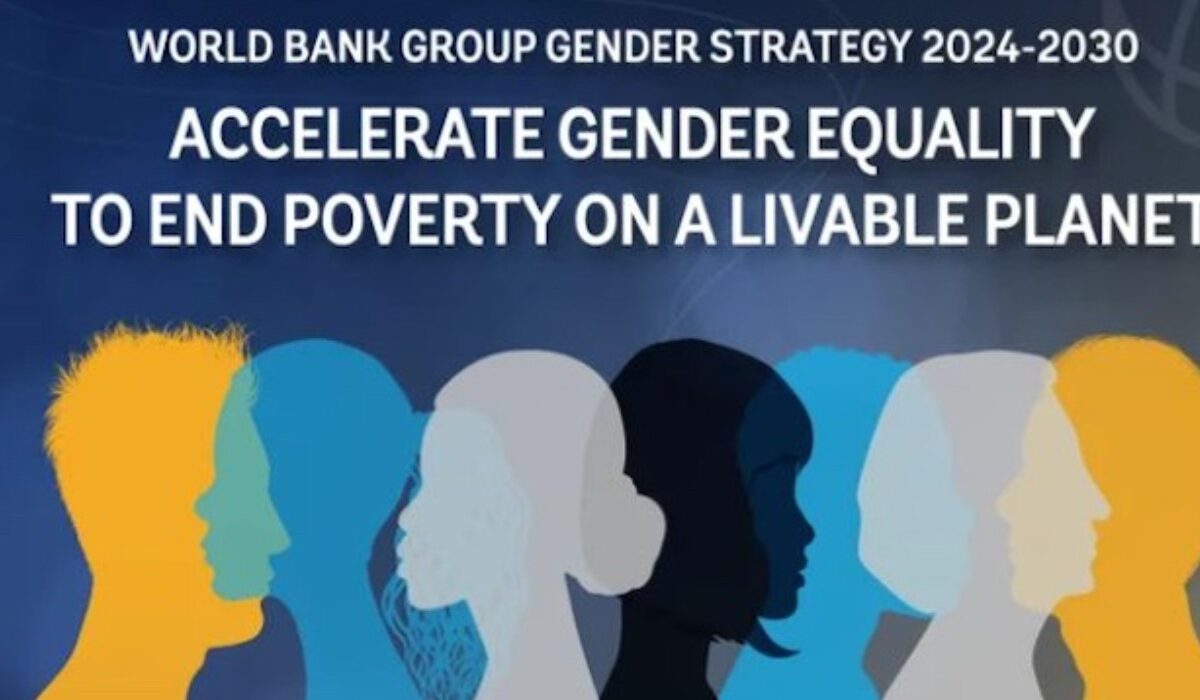Nigerian govt sets up task force to control malnutrition
- Health Sector
- No Comment
- 285

The task force will develop an action plan that will focus on resource mobilisation and solutions to malnutrition among children.
The Coordinating Minister of Health and Social Welfare, Muhammad Pate, disclosed this in a statement issued on Thursday.
According to him, the task force will develop an action plan that will focus on resource mobilisation and solutions to malnutrition among children.
It will also take into account the substantial burden on young girls and women.
Mr Pate said to reduce malnutrition, adequate coordination is crucial, along with a strong bias for action for the country.
“We will monitor progress and ensure accountability in deploying urgent interventions, including the distribution of micronutrient powders, therapeutic foods, and other nutritional supplements,” he said
The minister reiterated that the country is struggling to deal with its malnutrition crisis as it is among the countries with the highest burden of malnutrition globally.
This crisis, he said, is concentrated mostly in the North-west and North-east, “although no region is malnutrition-free.”
“The underlying reasons for this situation are multifaceted, including the nature of governance over several years, population dynamics with high dependency in the context of mass poverty in parts of the north, coupled with insecurity in certain areas ”although it is improving the impact of climate change on agricultural productivity and food systems, feeding practices, and the societal economic disempowerment of girls and women,” he said.
Funding from the World Bank
The minister said international partner organisations have urged the federal government to get funding of $30 million from the World Bank Accelerating Nutrition Results in Nigeria (ANRiN).
The US$232 million project is focused on increasing the quality and cost-effective nutrition services for pregnant and lactating women, adolescent girls, and children under five years of age.
He said: “In line with the Renewed Hope Agenda, we are now facing this crisis head-on. Addressing malnutrition is not only a moral imperative but also essential for improving health and ensuring the nation’s sustainable development.
“Our inter-ministerial and multi-partner meeting today was convened to assess ongoing efforts to tackle this crisis effectively. We appreciate the contributions of UNICEF, MSF, the WorldBank, WFP, RESCUEorg, BMGF, fhi360, and several others who joined my colleagues from the government. We are encouraged by the potential to immediately unlock $30 million from the World Bank’s #ANRIN project, as well as a potential 1:1 match from the Child Nutrition Fund.”
Mr Pate also said the ministry plans to boost local production of therapeutic foods and involve communities more in treatment, aiming to expand beyond the existing 1,192 treatment sites, which are mostly in primary health care centres.
He called state authorities “to also be on heightened alert, complement the efforts of various agencies in their respective states, and provide additional resources to manage this difficult phase.”






